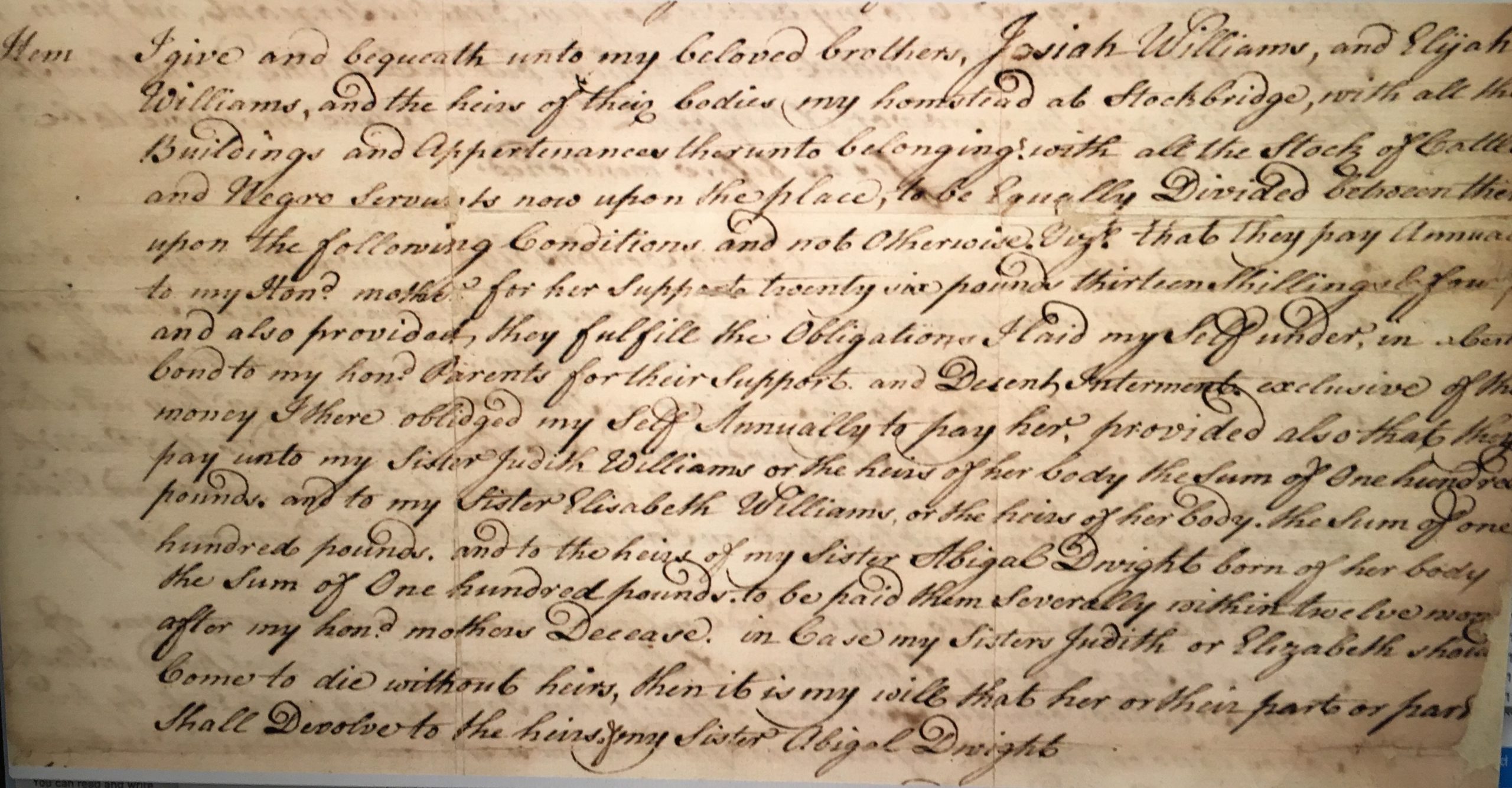This post is a continuation of Will: Anticipating Your Succession (Part 1). Lately, we have gone through the following:
– Will: anticipating one’s succession
– Why make a will?
– The authentic will
– Other forms of will
We will now cover:
– Will: instructions for use
– A will with or without a notary?
– Will: the consistency of the legacy
– Freedom to make a will: 2 limits
Will: instructions for use
The will takes effect on the day the estate is opened. During his or her lifetime, it may be wise to make a will to benefit a beneficiary who may or may not be a legal heir. It is a unilateral legal act: it presupposes the sole intention of the testator. There is no formal requirement for the validity of a will: it may be drawn on loose paper by hand, before a notary or not. Nevertheless, certain indications are essential for the legibility and enforceability of the will.
Conditions for the validity of a will

A holographic will can be valid if it is written in full, dated and signed.
Thus, for the holographic will to be valid, it must be:
– dated, specifying the day, month and year of writing (the date of a will is essential to give precedence to the testament);
– written in full in the hand of the testator. Wills made by persons other than the testator will not be valid. In case of illness, a third person can help if the will is written in the hand of the testator.
If one of these conditions is not met, the will is invalid. Furthermore, the validity of the will may also be challenged if its contents are imprecise or even contrary to the legal provisions of the Civil Code.
Good to know: to be valid, a will must be drawn up by one person only. It cannot be made by two persons who bequeath their property to each other or a third party.
A will with or without a notary?

The will can be:
– holographic: written in the hand of the testator;
– or authentic: drawn up by a notary.
The main advantages and disadvantages of choosing the form of the will are as follows:
|
Wills |
Price |
Risk |
|---|---|---|
|
Holographic will |
no |
yes |
|
Authentic will |
yes |
no |
The use of a notary guarantees the value of the will and informs the testator of the risks and possibilities. The counterpart is the price of the notarial will.
Necessary: Make sure that the will is kept in a safe place. In case of loss or destruction, the wishes of the deceased cannot be carried out.
Will: the consistency of the legacy
The testator may choose to bequeath to the beneficiary either part or all of his property.
He may also stipulate in his will the beneficiary of his choice:
– an heir whom he wishes to benefit;
– a charitable association;
– a distant relative;
– a third party, etc.
Good to know: if it is the testator’s will, he can cancel it at any time.
Freedom to make a will: 2 limits
There are two obstacles to the freedom to test or make a will.
1st limit to the will: the hereditary reserve
The part of the estate reserved for the heirs in reserve cannot be transmitted by will; only the available part can be bequeathed.
The amount of the inheritance reserve depends on the presence and number of children of the deceased, and – where applicable – on the existence of a spouse.
2nd limit: excluded beneficiaries
Some people cannot benefit from a bequest made by a will. Nor can some individuals test freely.
For more information on a will, please contact Felix A Vitiello’s experts in many areas of legal practice, including business law, criminal law, estate planning and family law.

